A Dream Uncaged:
Part One
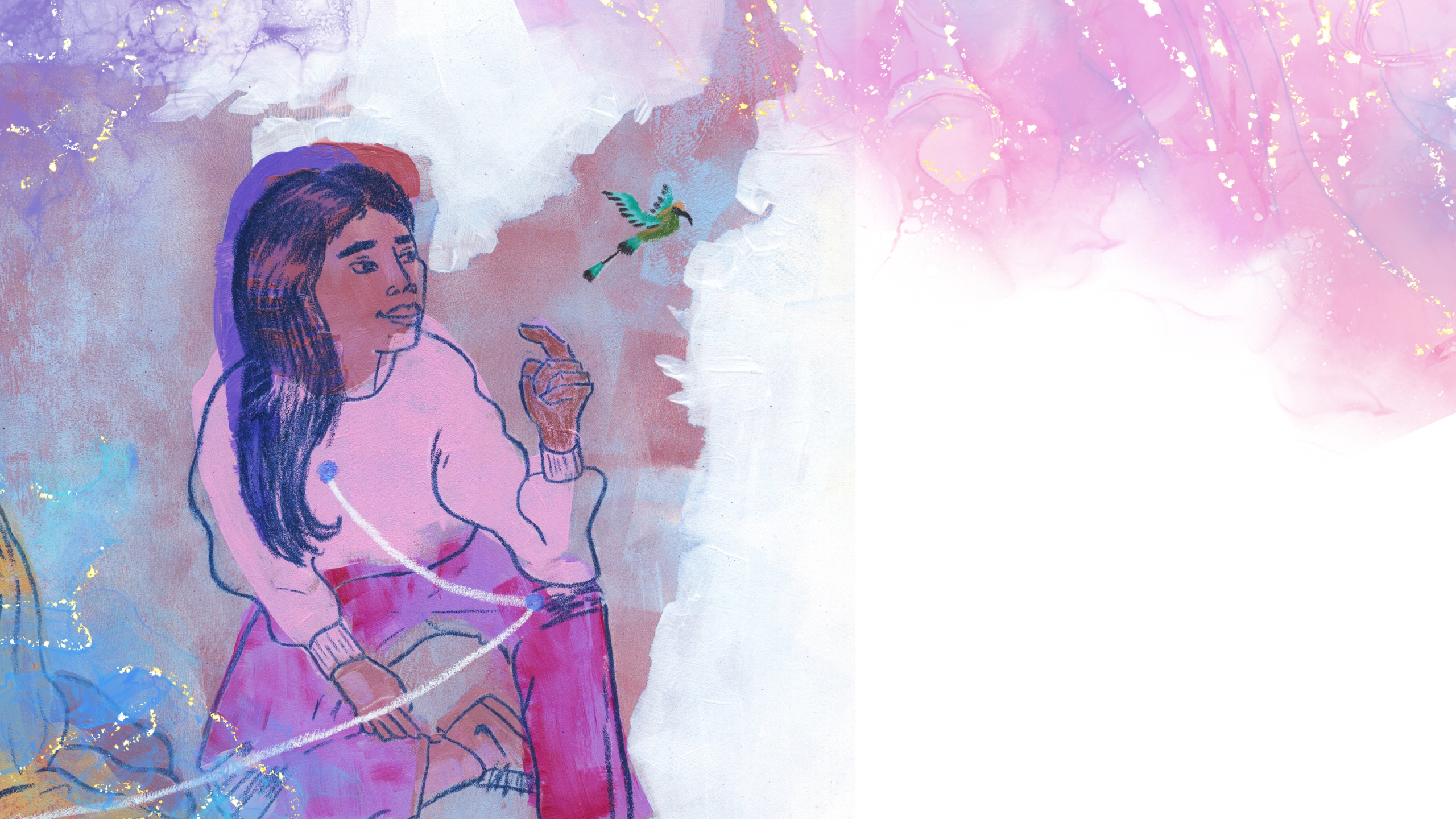
Departure: Nicaragua
Spring 2019
It was the middle of the night, but Jessica Molina,* 14, sat upright on her bed in the dark, fully dressed. Next to her sat a small bag, where she had packed a few things: three changes of clothes, some food, and a couple family photos.
She was still, listening intently for noises outside of her room, and a knock that would tell her it was time to go. Her heartbeat echoed in her ears.
The door cracked open. “Jessica, let’s go,” her father, Daniel, whispered.
They went out in the hallway, and in the dim light she saw her mother, Angélica, who pulled her into a hug. Jessica ducked her head under her mother’s chin and breathed in her comforting scent. She blinked back tears.
“I’ll see you soon, Mami. Right?” she whispered.
“Yes, mi amor,” her mother answered, stroking her hair. “Soon. Now you must go with your father to catch the bus. I’ll say goodbye to abuela for you.”
Angélica kissed Jessica’s cheek and let go. A few minutes later Jessica and Daniel left the house. Jessica stole a look back at the house where she had grown up. No lights illuminated the windows.
They moved through the dark streets of their town in an eerie silence.


At the station they met up with their dear family friends, Señor Álvarez and two of his children: Marilena, just 6 years old, and Raúl, who was 19. The Álvarez family was also leaving Nicaragua for the United States, and were sending three of them on ahead, like Jessica was going ahead first with her father.
When the bus arrived, they all boarded it together, and sleepy Marilena crawled into the seat next to Jessica and put her head in Jessica’s lap.
As the bus rolled out of the city, the tears Jessica had been holding back spilled down her cheeks. Just yesterday she’d been in school, laughing with her friends, getting ready to go on a school trip to a soccer game in a neighboring town.
Last evening she’d come home to find her parents in tense conversation, which had resulted in them sitting her down and telling her that her father was taking her to the United States, where they could be safe, and that they were leaving that very night. Her mother and siblings would follow.
No, they said, she could not tell her friends, or their extended family. Her father was fleeing threats to his life for his opposition to the ruling party of the government. Their departure needed to be a secret.
She pictured her maternal grandmother who had helped raise her. Her warm smile and voice, the scent of good, home-cooked food always lingering on her clothes. Would she ever see her again?
She pictured her friends, asleep in their beds, who would go on the field trip without her and wonder where she was. She pictured her little brothers and sister, who would wake up and find her gone.
Jessica rested her head on the window and closed her eyes, trying to shut out the images shifting through her mind of all they had left behind.
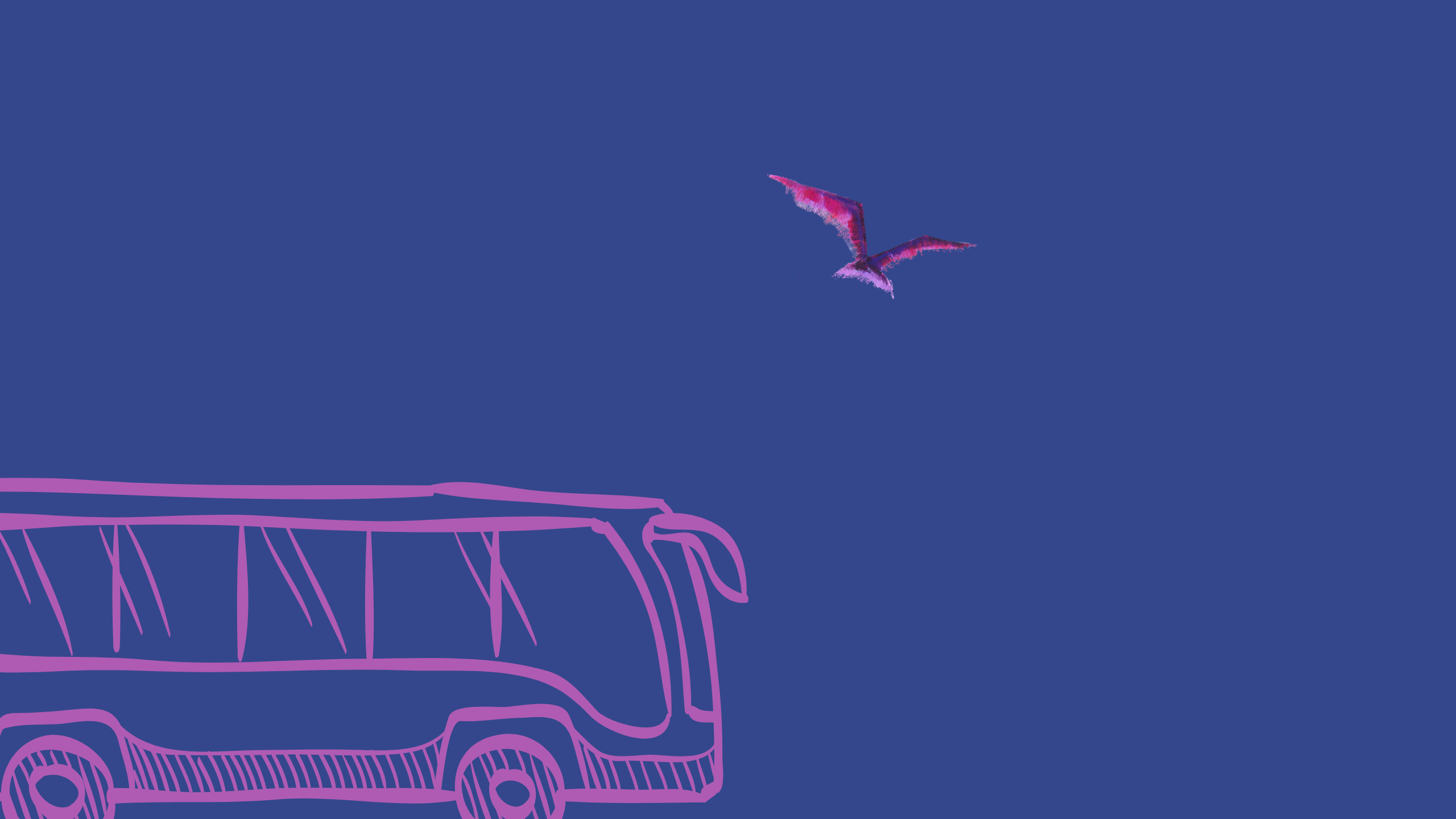
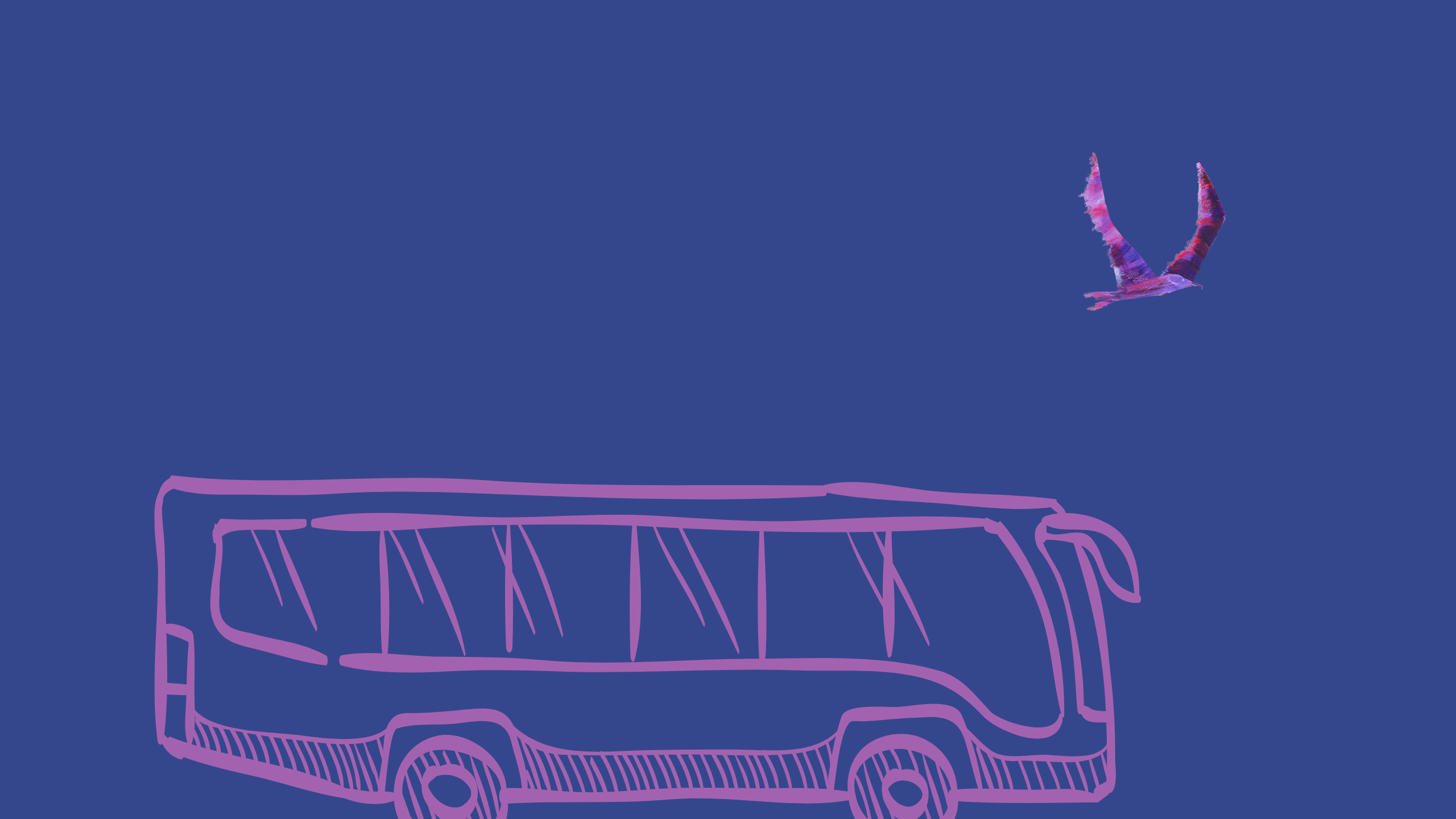
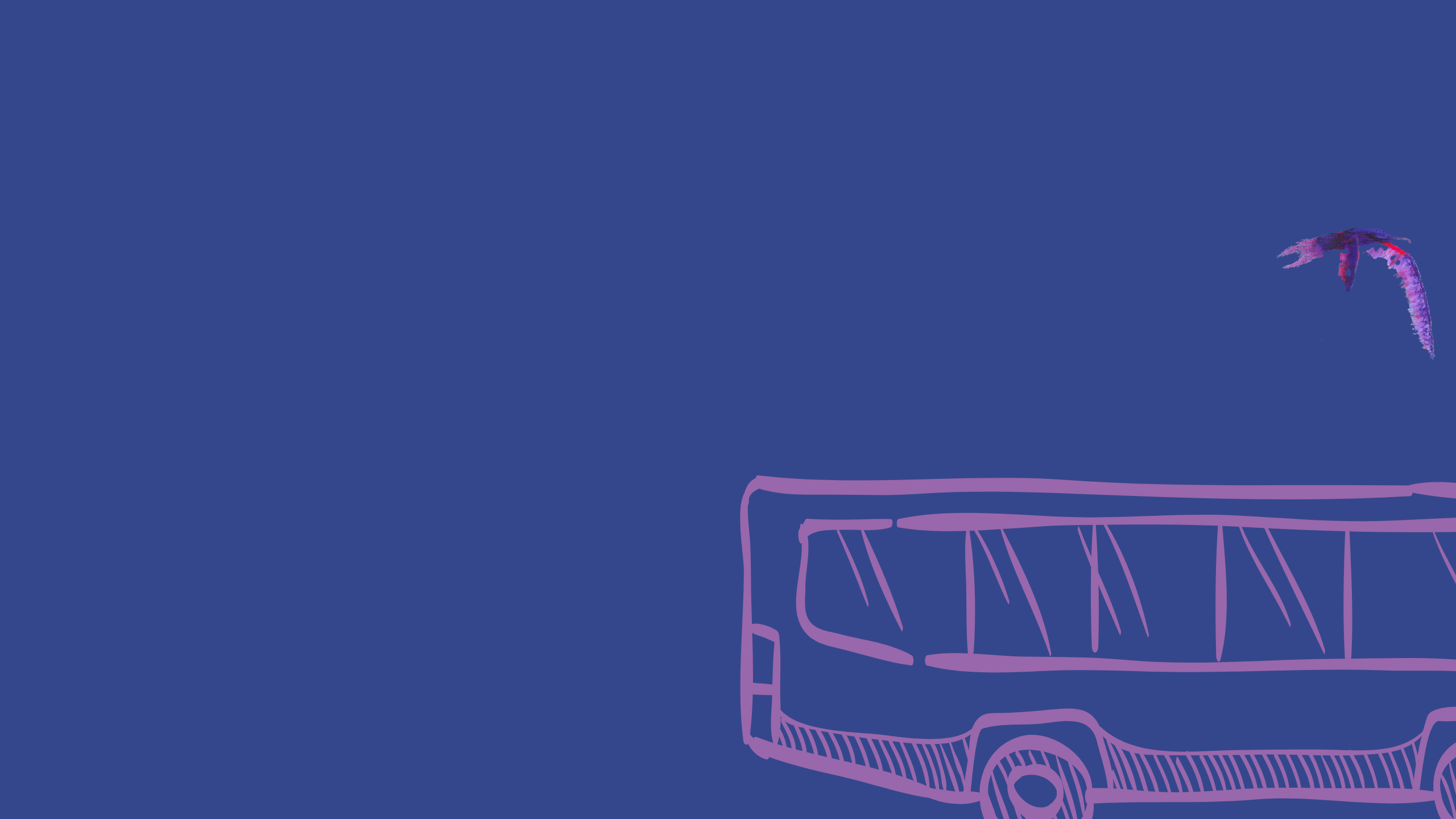
The Kidnapping: Chiapas, Mexico
Several weeks later
Daniel, Jessica and Raúl exited the detention center in the twilight, along with a large and noisy group of Honduran and Guatemalan migrants headed north. The three of them stood outside the large stone building as they got their bearings. It would be dark soon. Where would they go?
They had been in this Mexican detention center for about 10 days, since they’d crossed the border between Guatemala and Mexico and gotten stopped by Mexican immigration officials. They were being released now simply because the space had gotten too crowded.
It had been a miserable experience: the noise of crowded spaces, the hunger and putrid food, the fear of the other detainees that made Jessica cling to her father. Her body ached from sleeping on the hard floor.
Señor Álvarez and Marilena had turned back to Nicaragua before they’d reached Mexico, for reasons not entirely clear to Jessica. But Raúl had continued the journey with them. Laughing and talking with him had been a real comfort throughout the endless bus ride that had brought them to Mexico, as well as in detention.
In the growing darkness, Jessica watched her father talk to other migrants around them. He came back and announced that he knew where to buy bus tickets to continue onward.
Hours later they were riding a bus to another Mexican city, where they hoped to find shelter and passage onward. Jessica sat by the window next to Raúl, while her father sat a row behind. She dozed on the bus, exhausted from many nights of poor sleep. The hours passed.
Suddenly the bus stopped. Jessica opened her eyes and looked around.
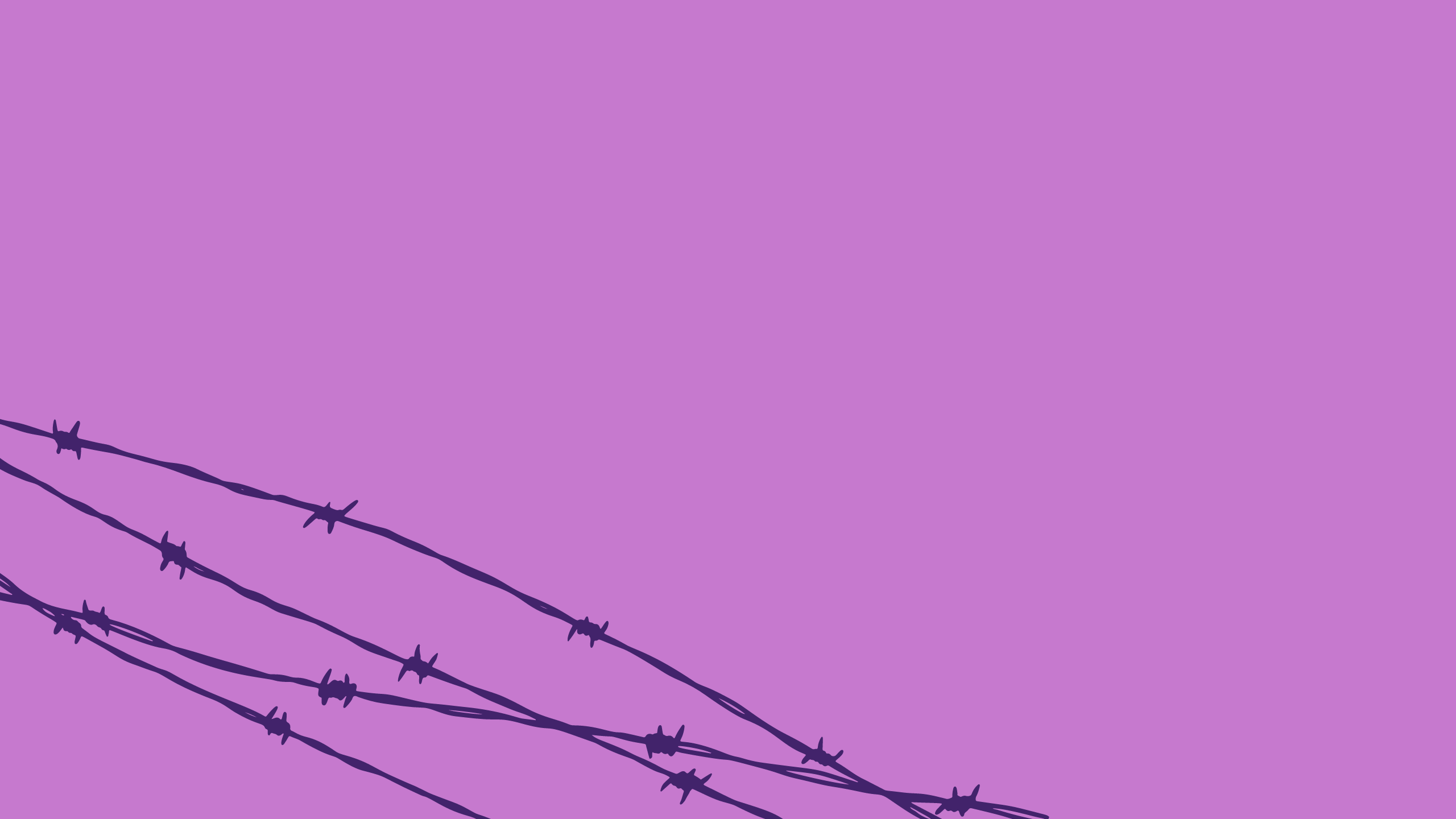
“Papi? What’s going on?”
The doors of the bus opened, and they heard the footsteps of several people entering. A group of young men appeared in the aisle. The look of them sent a chill through Jessica: tattooed, tough, expressionless. She gasped quietly and her heart began to pound. One of them carried a gun.
Her father reached through the gap between the seats and tightly gripped her arm.
“Be silent,” he breathed.
The men passed down the aisle, looking at the passengers. Jessica kept her eyes down. Suddenly, one of the men grabbed Raúl’s arm. Jessica heard a sharp intake of breath from her father. Her heart was beating violently; she had never been so scared.
“You’re coming with us,” one of men barked to Raúl. Raúl started to protest but stopped, aware of the proximity of the man’s gun.
Jessica turned her head to find her father. Daniel’s face was wild with fear and anger. As Raúl was pulled from the seat Daniel shifted as if he were going to get up, and opened his mouth to call out, then stopped, frozen.
He knew who these men were: members of Los Zetas, a ruthless cartel. If he protested, it might explode into a scene of violence, putting Jessica and all the passengers at risk.
As the men took Raúl from the bus, Jessica and her father watched in horror from the window.
“No, Raúl…” Daniel moaned, his face against the glass. Jessica sobbed quietly. Her father’s fists were clenched, and he was shaking with rage. Jessica slipped into the seat next to him.
Eventually, the bus moved forward and continued on. Jessica wanted to scream, to protest that they couldn’t go on without Raúl.
“Papi, what will we do?” Jessica murmured through tears.
Daniel pulled her close. “You are not to leave my side. We will stay in Chiapas and send for your mother and sisters and brothers to meet us here. I can’t let them travel north alone. We will wait and search for Raúl. We will find him. We must.”
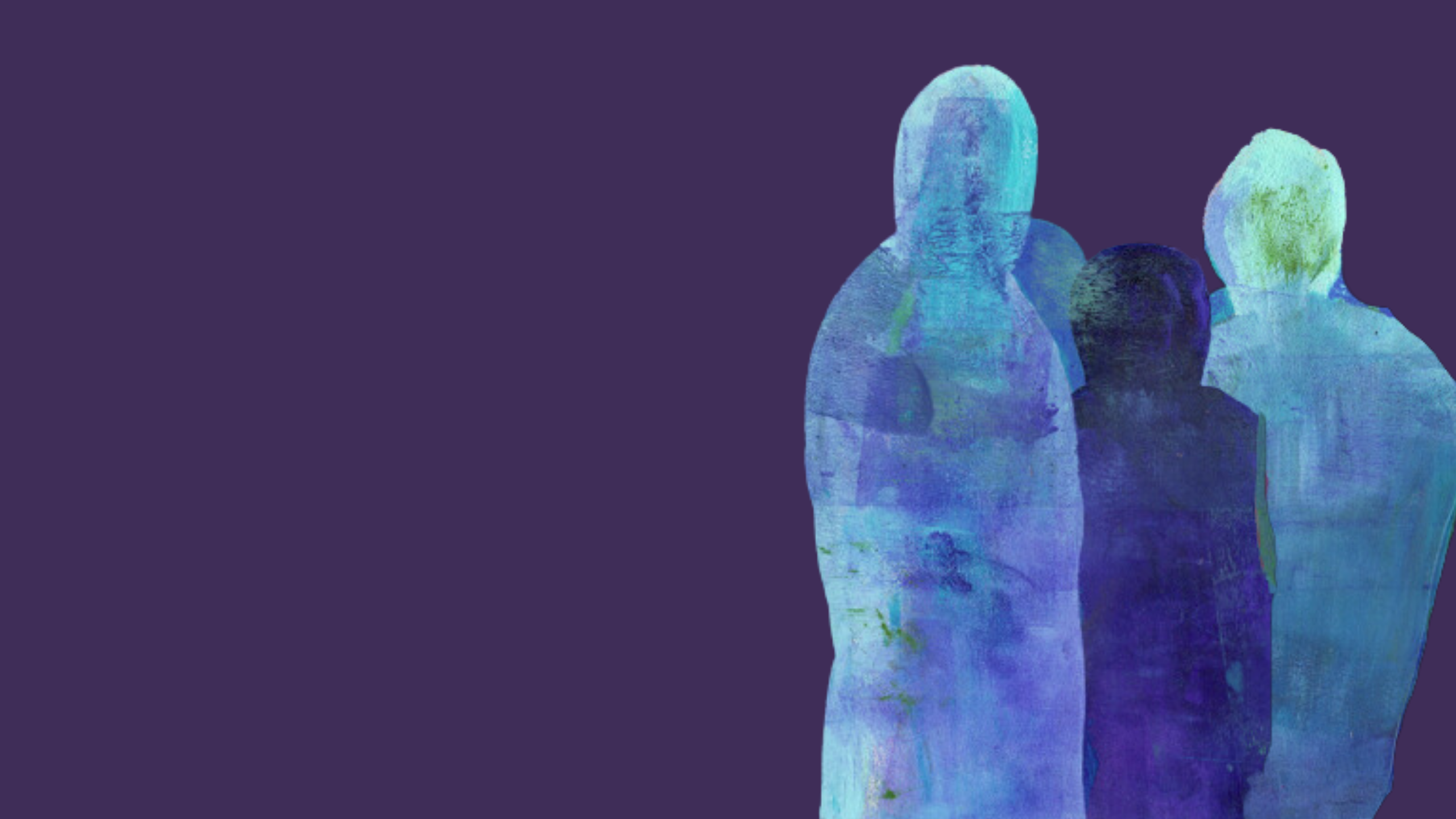
Crossing the Border: Ciudad Juárez, Mexico
6 months later
In their hotel room in the desert border city of Ciudad Juárez, Jessica helped her mother dress her three younger siblings: seven-year-old Luis, two-year-old Ruth and 10-month-old Julio. Her fingers trembled as she buttoned their clothes; nerves bubbled in her stomach. Today was the day they were finally going to cross into the United States.
They had waited for this day for what felt like an eternity. After Jessica and Daniel had arrived in the Mexican city of Tapachula, they had found a place to stay with other migrant families, offered by a kind stranger.
A month into their stay in Tapachula, Angélica and the other children had joined them, after their own treacherous, traumatic journey up through Honduras and Nicaragua. The reunion was joyful, a bright spot in the last half-year of hardship.
The family had wanted to depart for the U.S.-Mexico border shortly after being reunited, but various hurdles had stood in their way, including financial difficulties and a serious illness experienced by baby Julio. To their great distress, their search for Raúl had proved fruitless. After 6 months, they had gotten financial help from a UN program for migrants which finally allowed them to travel north.
Now that they’d arrived at the U.S. border, their plan was simple: to cross over a stretch of land that connected the two countries and turn themselves in to U.S. border patrol agents.
Then they would make their asylum claim. They had learned from other migrants who had been caught and sent back that the trickiest part was avoiding Mexican immigration officials, who were patrolling that stretch of land in search of migrants.
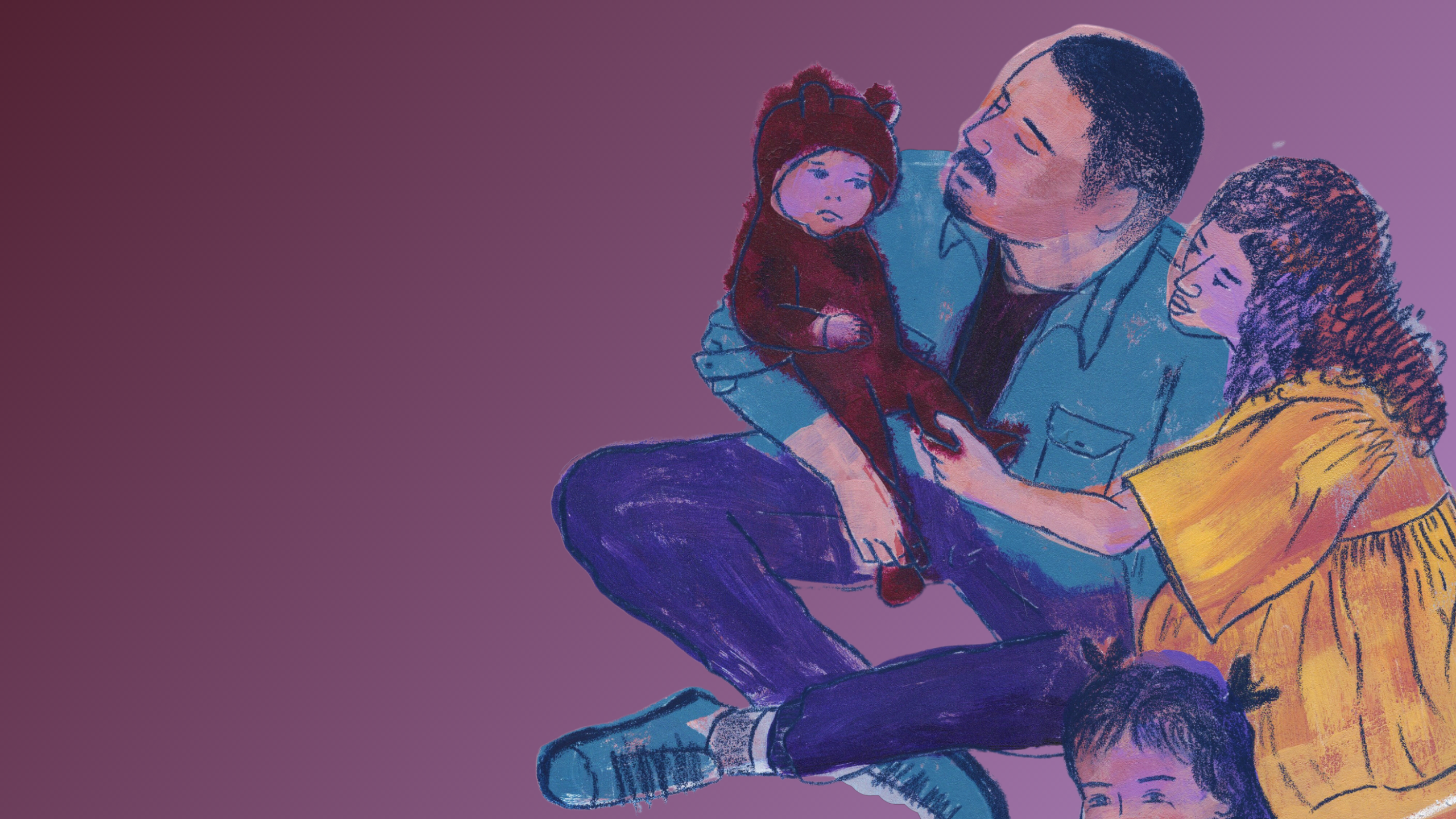
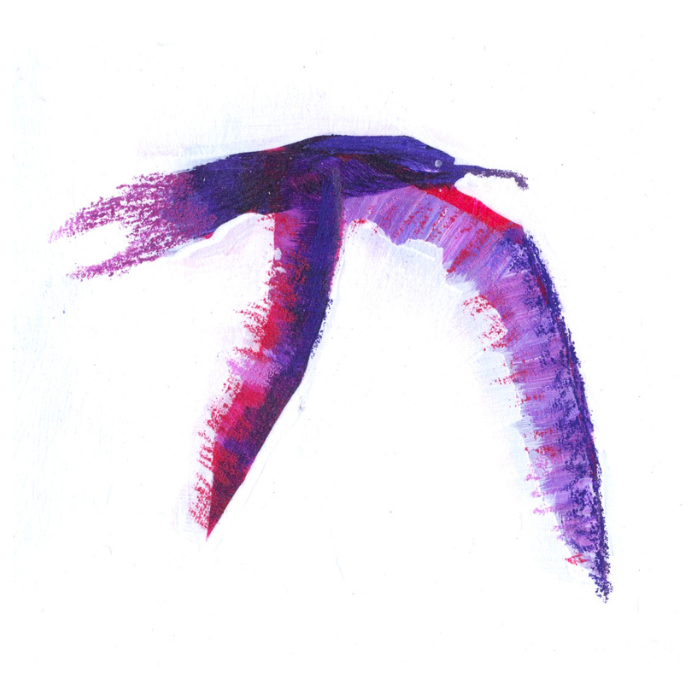


At midday the family made their way to the place where they would cross. On the way, Angélica repeated the instructions to Jessica.
“You must keep running toward the U.S. border agents no matter what. Whoever makes it to the other side makes it. Do not stop running if you see that we have been caught.”
The instructions heightened Jessica’s nerves. She glanced at her mother and saw that she wore a serious expression to match her stern tone. She couldn’t imagine leaving her family behind, but she nodded in response.
They arrived at the crossing point, and suddenly Jessica was told to start running. Her mother carried Ruth, her father carried baby Julio, and she ran with her brother, Luis.
It was a longer stretch of land than she’d anticipated. She ran up a hill, panting, and then made her way down a steep incline. She and Luis were ahead of the others.
Jessica heard a scream and whipped her head around. Her mother had fallen, carrying Ruth. Without thinking, Jessica turned back to help them. As Angélica got up Jessica gathered Ruth in her arms and continued down the incline. Ruth was screaming and her face was bloody; she had hit the ground.
“Keep running!” Angélica cried out.
Ruth bounced painfully on Jessica’s hip as she ran. Jessica gripped her sister so tight that her nails broke and bled.
She could now see the U.S. border patrol agents; she was almost there. Mexican immigration officials were not in sight. The family made it one by one, out of breath. Jessica’s heart was pounding as she set down Ruth and watched her parents speak to the immigration agents.
They were led to a group of tents where they were given water and a place to sit down. A kindly medic came over and attended to Ruth’s face and Jessica’s hand.
A while later Jessica watched her mother give an immigration officer the phone number of their closest relative in the United States, her mother’s brother-in-law, who lived in Atlanta. Jessica cradled Ruth in her lap, feeling relief and latent exhaustion wash over her. They were being taken care of. Now maybe they could rest after waiting in tension for so long.
The Ice Box: Fall 2019
2 days later
Jessica, Angélica and the three little children were crouched on the concrete floor of a square, windowless room. They were all shivering; it was cold, freezing cold. Jessica held two-year-old Ruth, who was whimpering.
Angélica held Julio, and Luis was cuddled next to his mother, clutching at her for warmth. They were surrounded by other women and children, who sat in groups on the floor or on metal benches.
This was their third day in the dreaded “hielera,” or ice box, as it was known among the migrants — the freezing cold holding centers where migrants were put while being processed by immigration authorities.
“Mami, I’m hungry,” Ruth sobbed, and Angélica shook her head. “Soon, my love. They’ll bring food soon.”
But Ruth had refused the food the last two times it had been brought. It was unfamiliar food and tasted bad. The others, starving, had eaten it, but little Ruth had gone hungry.
The last two days had been a nightmare. Ruth and Julio’s lips were swollen, chapped and bleeding from the cold; they had been crying off and on nonstop. The fluorescent lights never went off in the room, and they had gotten little sleep. The constant noise of the other women and children was maddening.
But, despite all this, hope buoyed Jessica and Angélica’s spirits. Soon they would be let out; they would reunite with Daniel, who was in a separate processing center; and they would head to Atlanta. The journey was almost over.
“Molina!” a guard called out. Jessica followed her mother and siblings over to the guard, who guided them out the door. Was this it — were they finally able to go?
“Here are your papers and personal possessions.”
The guard handed them a packet.
“You will be on the next bus back to Mexico.”
“What?!” Angélica’s face went white. Jessica felt as though the wind had been knocked out of her. No — this could not be happening.

End of Part One
This story was written by Kathleen Kollman Birch, CLINIC staff member, through interviews with Jessica. It was translated into Spanish by Tania Guerrero from CLINIC. CLINIC wishes to express its gratitude to Jessica and her family for sharing their story.
CLINIC is deeply grateful to Benjamin Osorio and the Murray & Osorio team for their courage and their relentless efforts to represent and counsel many families under MPP. Your work changes lives.
Finally, we want to express our gratitude to Michelle Garcia, the artist behind many of the illustrations that accompany this piece. Michelle Garcia is an illustrator, designer, first generation American and Latina. Learn more about her work here.
*The names of all characters – except CLINIC staff – have been changed to protect privacy.
CLINIC advocates for humane and just immigration policy. Its network of nonprofit immigration programs — over 450 organizations in 49 states and the District of Columbia — is the largest in the nation.

